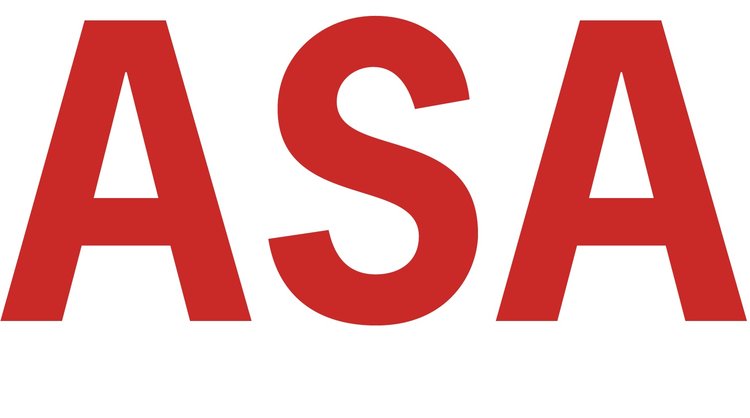Drew Grimstead discusses how corporations in emerging technologies such as reusable spacecrafts and commercial spaceflight must often leverage significant risk to have a chance at success. SpaceX has unique risk relating to its role in the sector, which inherently has significant regulatory uncertainty, including areas such as monopolization and climate change. While innovation requires taking risks, additional mitigation strategies would help SpaceX better manage their risk profile.
Read MoreGovernment
An Ethical Approach to Big Data Surveillance
Shouyang Wang discusses the trade-off that has occurred between personal privacy and national security in the context of government surveillance programs in a post-9/11 United States. This paper argues that there is an ethical framework that the U.S. government can follow when conducting mass surveillance. The framework is based on various philosophical theories, constitutional rights, and judicial rulings to ensure an ethical and optimized balance between individual privacy and government monitoring.
Read MoreAn Analysis of the Indian Adoption Project and Current Migrant Family Separation Policies
Amanda Phillips discusses the devastating failures of the U.S. government to properly implement information management principles during the enactment of family separation policies, both as part of the Indian Adoption Project of 1958 and the separation of migrant families in 2018. Like Native American tribes have experienced for the last 50+ years, the children of asylum seekers and other migrant families have been separated from their loved ones, through information management failures, many of these children have been systematically deprived of their parents and culture as a result. Consequently, a new generation of vulnerable children face the increased risk of experiencing cultural genocide due to the U.S. separation policies resulting in a loss of fundamental cultural knowledge systems, languages, and identities.
Read MoreRisks of Fake News to the American Democracy
Lukas Guericke discusses the toxic spread of “fake news” into the landscape of legitimate news organizations, and the rising tide of associated risks to government, news organizations, and ultimately each individual citizen. “Fake News” is not simply an inconvenience or insult, it is a threat to the access of U.S. citizens to accurate information, and the fundamental protections a free and independent press provides to a democratic society.
Read MoreUnderstanding the Risks in the Indian Automobile Manufacturing Sector
Jyotsna Saxena discusses the history and current environment of the automobile-manufacturing sector in India. The analysis begins by providing the historical and cultural context necessary for identifying and understanding the key risks to the sector in both the public and private sectors. Building upon this knowledge, the author explores some of the potential solutions aimed at improving both domestic and international confidence in this key sector, which is a dominant contributor to the country’s economic output.
Read MoreThe Big Bad NSA: A Risk Based Analysis of Domestic Spying Practices
Jared Williams discusses the major risks around government domestic surveillance programs, particularly the U.S. National Security Agency (NSA). While domestic surveillance is not a new practice by governments, technological innovations have changed the game.
Read MoreThe Conflict of Privacy and Disclosure Law
Matthew Christian discusses the complex issues surrounding data collection and subsequent privacy issues. In particular, the paper explores the issues surrounding data collection by government agencies and public disclosure laws.
Read MoreDiplomacy & The Law
Annie Searle discusses data classification types and communications protocols for diplomacy.
Read More